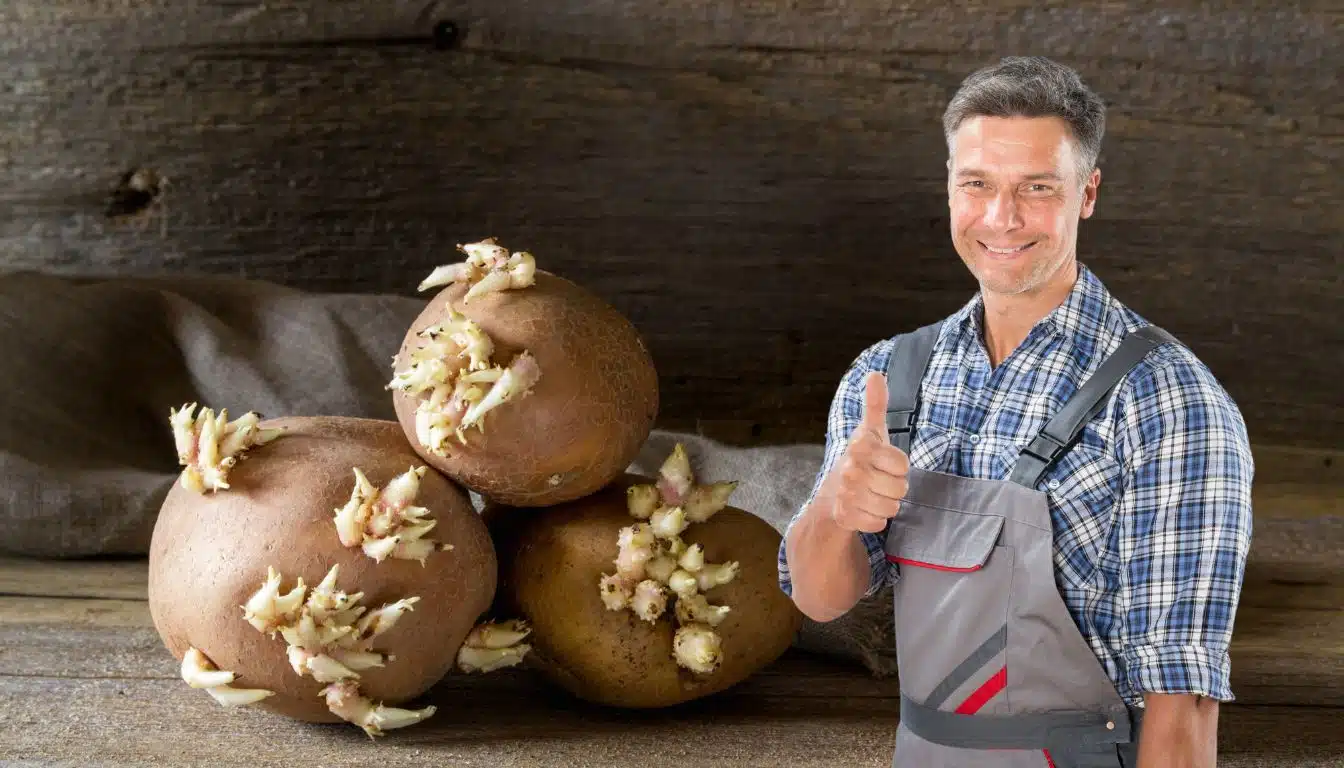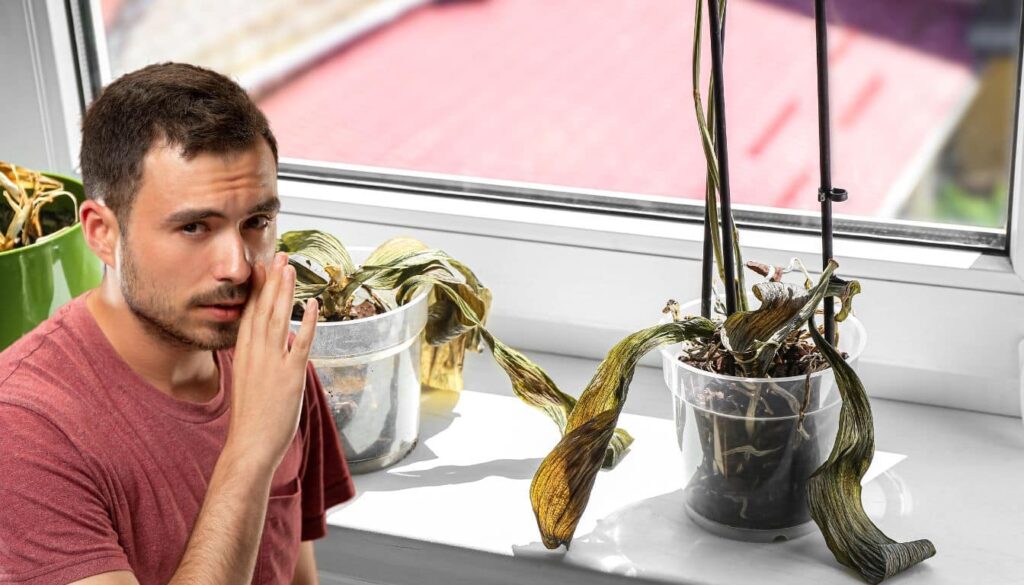Have you ever thought that those potatoes you have in the kitchen drawer, now sprouted, could give life to a new and lush harvest in your garden?
Instead of throwing them away, these hidden resources can be the basis for successful cultivation and a lighter ecological footprint.
Let’s transform together what you would consider waste into a real opportunity for growth and discovery! Are you curious to know how? Read on to find out!
Why not throw away sprouted potatoes?
Potatoes that have started to sprout in the back of the cupboard are often ignored, but they are still rich in precious nutritional energy. These tubers, instead of ending up in the dustbin, can become an excellent resource for your home garden.
Using them means taking a step towards sustainable gardening and reduce food waste. And isn’t it great to know that kitchen scraps can transform into new seedlings ready to sprout in your garden?
How to prepare sprouted potatoes for your garden
Choosing the right sprouted potatoes is the first step. Make sure the tubers are still solid and not too soft or rotten.
After selecting the best ones, cut them into piecesmaking sure each has at least one or two sprouts. I recommend letting them dry for a few days, to prevent them from rotting once planted.
It is important to find a sunny placein which the soil is well drained. If the soil is heavy, you can add a little sand or compost to improve its structure.
The right time to plant in your garden
Spring is the ideal season for planting sprouted potatoes. In particular, the best time is when the soil has reached a temperature of approximately 10°Cmaking sure that the risk of frost is over.
Nature is starting to awaken and your potatoes will also be ready to give life to new plants.
Techniques for successful cultivation
For a good planting, it is necessary dig furrows about 10-15 cm deep and space the potato pieces at least 30 cm apart.
Lightly cover with soil and, when the seedlings begin to grow, earth them up regularly adding soil around the base. This way you will ensure protection for the tubers and promote their growth.
Don’t forget to water in moderation: potatoes prefer moist, but not excessively wet, soil.
Benefits of a nutritious vegetable garden thanks to recycled potatoes
Cultivating a nutritious vegetable garden using recycled tubers brings many advantages. Not only that you will reduce food wastebut you will also get a greater food autonomy.
And then, by growing your own potatoes, you contribute to a naturally richer and healthier soil.
Also discover some natural tricks to improve your gardening within your green space. These tips will not only help you rid your garden of weeds, but will also make your garden shine with wonder and naturalness.
Some tips to optimize your collection
To ensure abundant production, apply the crop rotationplant garlic or basil near your potatoes to ward off pests naturally, and use mulch to maintain humidity and reduce weed growth.
With these precautions, your garden will become a paradise of fresh and healthy vegetables!







